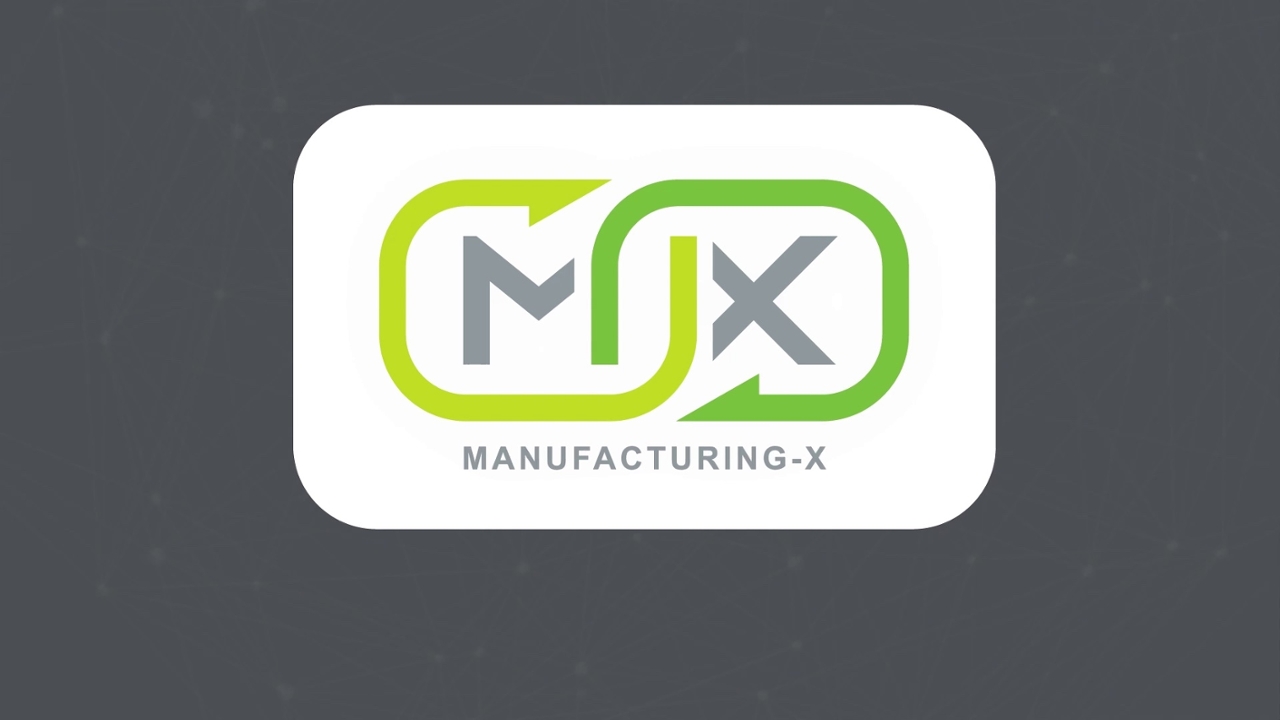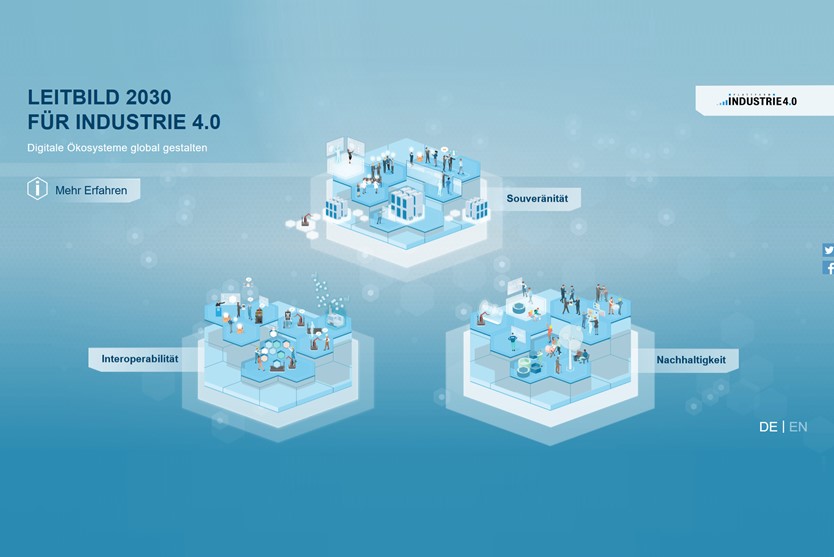
© gettyimages
Digitalisation had had a big impact on what customers expect. Transparency, better communication and a product designed exactly according to the customer’s specifications are right at the top of this wish list. In a marketplace which is increasingly geared towards meeting customer demand, digital business models offer firms the opportunity to distinguish themselves from the competition.
Digital vs. traditional business models
Your challenges remain the same, regardless of your business model. You still need to understand what your customer wants, how to respond and ultimately how to deliver your product or service. What sets digital business models apart is that all of these challenges are tied up with data – data that you can collect, evaluate or communicate further.
Profiting from technology
Intelligent products, smart services and real time data analysis entice customers with the promise of new benefits – presenting an opportunity for anyone who wants to set themselves apart from their competitors. That being said, technological progress also exerts new organisational pressures on companies, making it all the more important that they are able to combine efficiency and flexibility. A significant success factor lies in cleverly planned supply chains which enable all of those involved to benefit.




